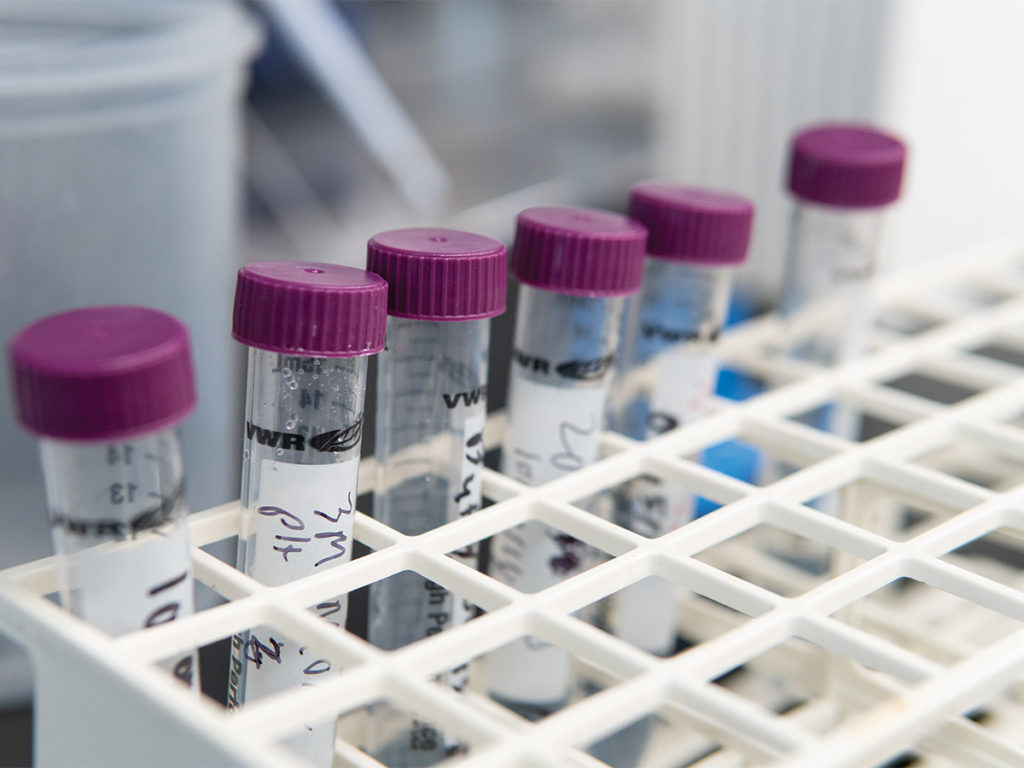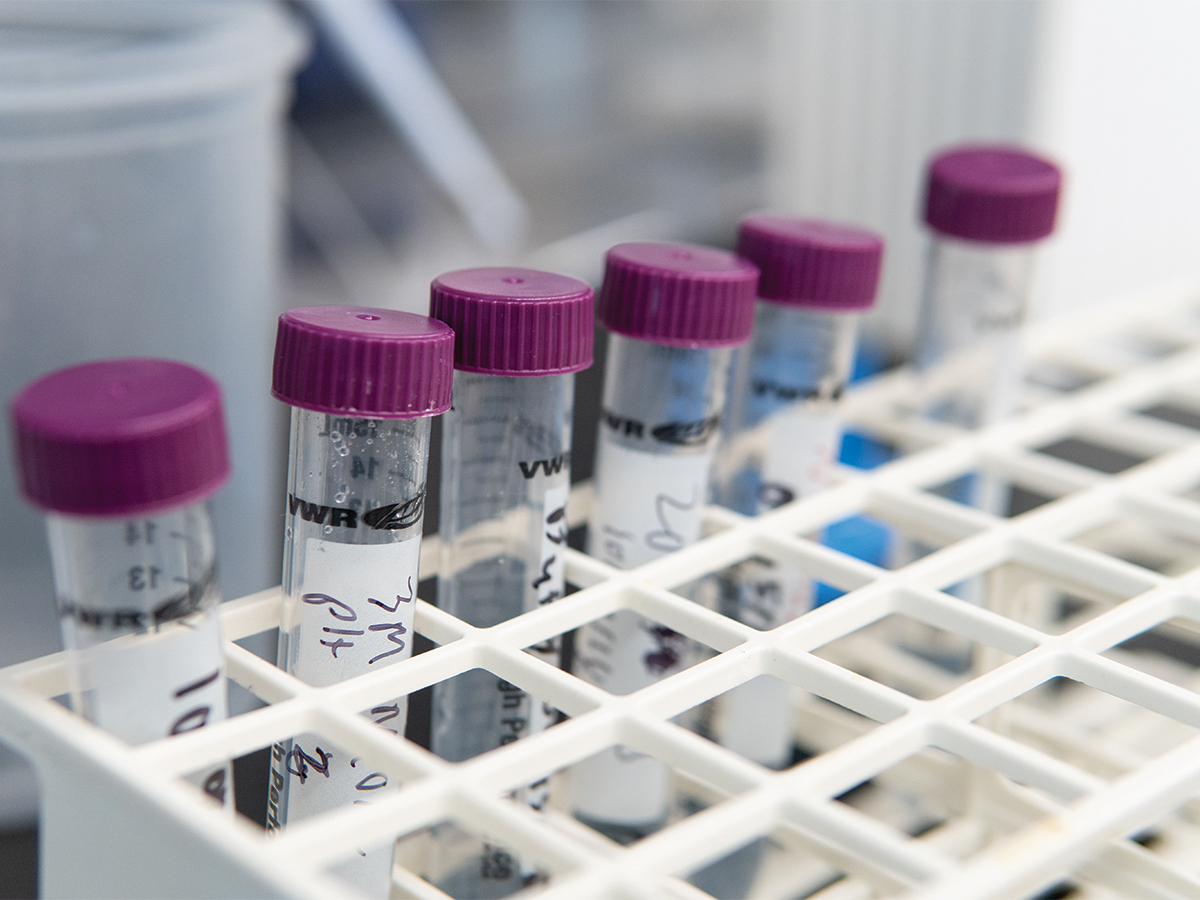The spread of coronavirus, also known as COVID-19, is growing in the U.S. with the death toll rising to 19 as of Sunday. On Friday, President Donald Trump signed an $8.3 billion measure to help tackle the outbreak by providing funding to federal public health agencies for vaccines, tests and potential treatments for the disease. The measure will also aid in helping state and local governments prepare and respond to the threat.
On Monday, March 20, a university press release announced that a group of UCR researchers were able to characterize a protein that may assist in creating an antiviral drug to tackle coronavirus. This research was conducted in collaboration with the University of Chicago, the U.S. Department of Energy’s Argonne National Laboratory and Northwestern University, who are all part of the Center for Structural Genomics of Infectious Diseases (CSGID). According to the press release, the protein known as Nsp-15, which is found in Severe Acute Respiratory Syndrome Coronavirus 2 (SARS-CoV-2), is 89% identical to a protein from the 2003 outbreak of SARS-CoV. SARS-CoV-2 is responsible for the current outbreak of COVID-19 which suggests that the drugs designed to target the Nsp-15 protein found in SARS-CoV could assist in treating the current outbreak as well.
Adam Godzik, a professor of biomedical sciences at the UC Riverside School of Medicine stated in an interview with The Highlander that although the protein link found in Nsp-15 will not directly cure the current outbreak, “It is just one step of the ongoing puzzle that is COVID-19.” The link between SARS-CoV and COVID-19 was previously well-known by researchers and although the protein was not yet discovered, according to Godzik, the link was obvious to those working on it. Godzik stated that the CSGID studies various pathogens, but they are currently prioritizing the ones that are linked to COVID-19.
According to Godzik, the CSGID is currently negotiating with the National Institute of Health (NIH) and other agencies to have funding to further the research. He mentioned that the protein link they have found in Nsp-15 may not contribute directly to the fight against COVID-19 but it will provide the knowledge needed for future coronavirus epidemics. Despite this, Godzik stated that it is important to note that there is research happening on campus. This research, “leads to better understanding of different pathogens, including this coronavirus, and it’s great because in the long term this is how we beat these things,” stated Godzik.

Additionally, on Tuesday, March 3, Chancellor Wilcox sent a campuswide email to all UCR students, faculty and staff to address what UCR is doing in response to COVID-19. The email states that the Student Health Center has implemented a thorough screening process, along with a dedicated nurse line for remote consultations. It also states that Housing and Dining has increased the number of hand sanitizers on campus, and that the Environmental Health & Safety and Student Health teams are collaborating to raise awareness of best hygiene and flu prevention practices. University administrators representing the Executive Management Policy Group are meeting daily to develop a plan of action to ensure the continuity of UCR’s operations in the event that the impacts of COVID-19 become worse.
The email also states that there have been no major disruption to UCR’s operations so far other than an on-campus conference that was canceled and a study abroad program that was suspended. The UC Office of the President has issued a directive to limit non-essential travel to countries that are designated with a CDC Warning — Level 3 Travel Notice. Currently, the countries in this category include China, South Korea, Italy and Iran. UCR advises that any campus community members who are currently traveling on university-related business in a country designated with a CDC travel warning should plan to “immediately leave the area.” Upon return, travelers will likely be prompted to participate in a 14-day quarantine before being allowed to return to campus.
The email also acknowledges the importance of not stigmatizing any individuals based on their national origin stating, “It’s imperative that all students, faculty and staff uphold a campus culture of respect and uphold our Principles of Community during this critical time.”
In another email sent on Sunday, March 8, Wilcox addressed the first confirmed case of COVID-19 in Riverside County stating, “To our knowledge, this person is not affiliated with the UC Riverside campus.” He stated that although there will be no changes to normal campus operations, all members of the UCR community must be prepared for the possibility of emergency campus closures in the near future.








